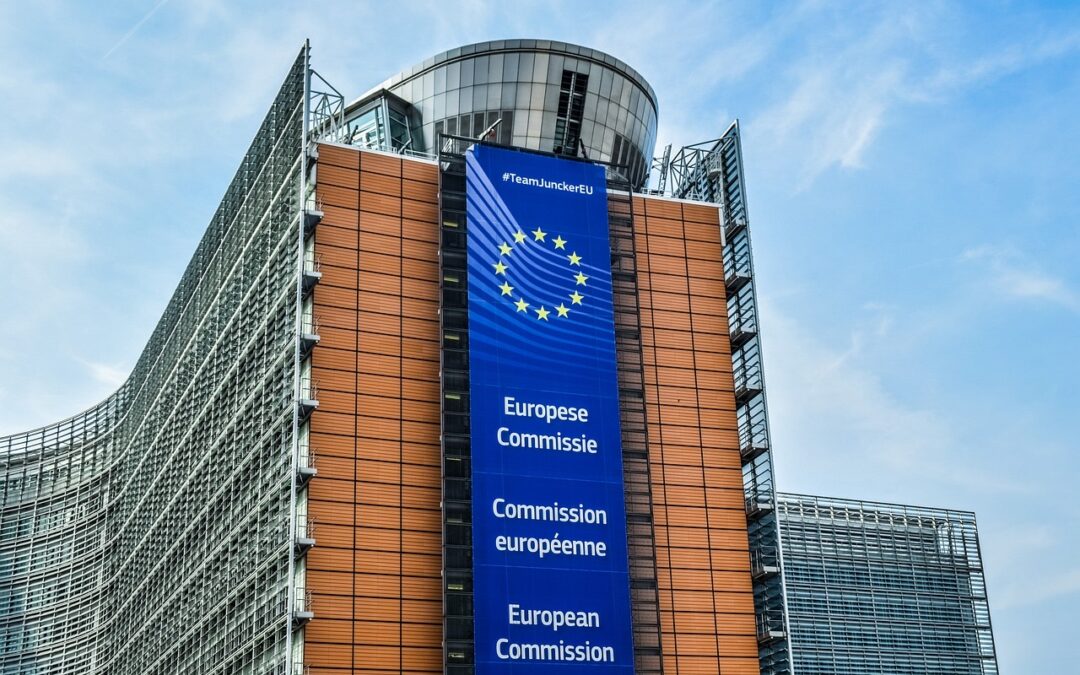Author: Ilaria Sticchi
Committee: Academic Committee
Date: 27/07/2024
On 24 July 2024 the European Commission has published its fifth annual Rule of Law Report, examining rule of law developments in all Member States. For the first time, the report includes 4 enlargement country chapters (Albania, Serbia, Montenegro and North Macedonia). The report covers four pillars: national justice systems, anti-corruption frameworks, media freedom and pluralism as well as other institutional checks-and balances.
Key findings and recommendations
- Justice reforms
Justice reforms have continued to be high on the political agenda over the last year, with many Member States following up on the 2023 recommendations and implementing reforms agreed in the context of the Recovery and Resilience Facility (RRF). Several Member States have initiated or further progressed with important reforms to strengthen judicial independence, strengthening the independence and effectiveness of Councils of the Judiciary, improving judicial appointment procedures, or strengthening the autonomy of prosecution services. At the same time, some systemic concerns as regards judicial independence persist and specific cases of deterioration have been observed. Member States also introduced measures to improve the efficiency and quality of justice, as well as to facilitate access to justice. However, in several Member States, remuneration of judges and prosecutors is a concern and has led to challenges to recruit qualified judicial personnel. Consequently, this year’s report recommends to Member States to address challenges such as the need for safeguards in judicial appointment procedures for both judges at lower instance courts and at high-level positions, the autonomy of the prosecution service or the need to provide adequate resources for the judiciary, including as regards salaries.
- Anti-corruption frameworks
Since last year, Member States have improved their institutional landscape to better fight corruption, including by increasing resources on the capacity of law enforcement services, prosecution authorities and the judiciary. At the same time, further action is needed to strengthen preventive frameworks, such as those governing lobbying and conflicts of interest and asset declaration rules, as well as to ensure the effective investigation and prosecution of corruption cases. This is reflected in this year’s recommendations. In this framework, the cooperation between national authorities and the European Public Prosecutor’s Office (EPPO) is reported to be overall good in the participating Member States. Poland and Sweden joined the EPPO in 202482. Preparations for the EPPO to become operational in both countries will be concluded before the end of 2024. Beyond the EU, Albania, Montenegro and North Macedonia have concluded working arrangements with the EPPO, while working arrangements with the EPPO are yet to be concluded with Serbia.
- Media freedom and pluralism
Since the last Rule of Law Report, several Member States made concrete steps to improve journalists’ safety and working environment, also in the light of Commission initiatives such as the European Media Freedom Act (EMFA), the ‘Anti-SLAPP’ directive and recommendation and the Recommendation on safety of journalists. Moreover, the tasks and competences of several national media regulators have been expanded and extended, also due to the entry into force of the EU Digital Services Act, as well as new establishment or extension of online ownership registries. However, concerns persist in several Member States as regards the independent governance or financial stability of public service media broadcasters, transparency of media ownership, the right of access to public documents and the transparent and fair allocation of state advertising.
- Institutional checks and balances
Member States have continued to improve the quality of their legislative processes and to involve stakeholders in these processes – a trend also noted in the previous Rule of Law Reports. However, challenges remain in several Member States, such as the excessive use of accelerated procedures or the overall quality of law-making, as well as in consultation of stakeholders. Civil society and human rights defenders have increasingly faced challenges, legal restrictions, and attacks, including systemic restrictions to their operations in certain Member States. To address the issues identified, the Commission has issued recommendations related to the functioning of the legislative process, the establishment and functioning of independent authorities and the enabling environment for civil society.
- Next steps
The Commission now invites the European Parliament and the Council to continue general and country-specific debates on the basis of this report, calls on national Parliaments, civil society, and other key stakeholders and actors, to continue national dialogue on the rule of law, as well as at European level, with increased citizen’s engagement. Finally, the Commission invites Member States to effectively take up the opportunities and challenges identified in the report, as it stands ready to assist them in their efforts to continue the implementation of recommendations. To ensure the report looks at all issues across Europe, a Single Market dimension will be added to the report. This will address rule of law issues affecting companies, especially Small and medium-sized enterprises (SMEs), operating across borders.

